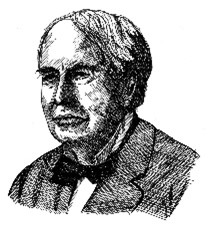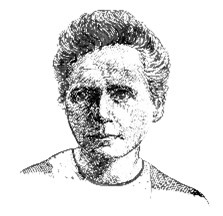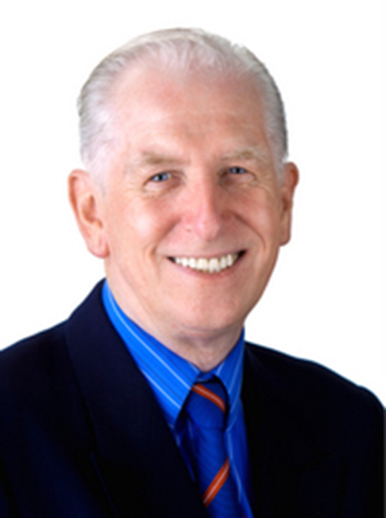The Power of Purpose and Can Do Spirit
By Dr Charles Margerison
Psychologist
Questions for Action
- What have you achieved in your life?
- What have you learned to guide your future efforts?
- What do plan to achieve?
These are very personal questions that I have researched by studying the life stories of world renowned achievers.
For the last twenty years, and more, I have assessed the ways and means by which people like Edison, Keller, Einstein, Curie, Pasteur, Gandhi, Mandela, and many more, overcame barriers and succeeded.
Examples


Thomas Edison was referred to as ‘addled,’ an old term for having a low ability to understand. As a result, he had to leave school at the age of 7 and was taught to read and write at home by his mother. The real problem was that Thomas was profoundly deaf, which was why he had difficulty comprehending what was said. At the age of 13, he started work. Despite his hearing disability, and limited education, he developed innovations, like the phonograph and light bulb, that changed our world. He founded the giant General Electric Company, known as GE.


Helen Keller was afflicted by a major illness early in her life, which left her blind and deaf. Nevertheless, with the support of her tutor Anne Sullivan, she gained a university degree and became a powerful international advocate for people with disabilities.


Marie Curie was not allowed to go to university in her home country of Poland, as entry was restricted to male candidates. She went out to work and saved the money to study science at the prestigious Sorbonne University in France. She used her knowledge to develop breakthroughs that won two Nobel prizes in two different scientific disciplines.
The life stories of these, and the other high achievers, reflect the determination and drive to succeed, despite major difficulties. Mahatma Gandhi, for example, led the people of India to independence from British rule, against all odds and by non-violent protests. Nelson Mandela served 27 years in prison before becoming President of South Africa and leading the country to a democracy. These are all exceptional life achievements.
Choosing a Purpose
How did they stand out from the crowd and succeed?
Few of them started with wealth and power. Instead, they had something else, which can be learned by students in every school that focuses on character education. However, the topic is not officially on the curriculum in schools, although some include it as part of their cultural activities and processes.
I refer to it as the psychology of ‘can do spirit,’ based on important purpose.


- Edison said – “My main purpose in life is to make enough money to create even more inventions.”
- Curie believed it was possible to create a better life for all through science.
- Gandhi achieved his purpose of Indian independence in a non-violent way.
Each one of them exhibited the ‘can do spirit, and gained results.
Action Applications
When asked what ‘can do spirit’ in action means, I point to examples. For some, it was determination and persistence in creating a business and employment. For some, their ‘can do spirit’ was reflected in creativity and communication. For others, it was bravery and leadership in the face of danger.
Therefore, I encourage students to study the processes used by amazing achievers. They can do that by choosing a person they admire and writing an article, as if they were a journalist, on these questions.
- What did the chosen person do?
- How did they do it?
- Why do you regard the person you have chosen as amazing?
To support students, and together with teachers, we have developed a range of helpful resources. These are now used widely around the globe via the Amazing People Schools website, where students can learn from the processes that enabled amazing achievers to succeed.
Summary
It is clear that people who achieved had clear purpose, combined with principles and pathways to guide their efforts. Although we celebrate their names, they would say their achievements were a result of team collaboration and cooperation.
Therefore, in helping students gain the ‘can do spirit.’ we should indicate they can achieve their purpose by respecting and encouraging the contributions of others.
Schools are increasingly focusing on character education. Various words are used to define that, such as resilience and courage. However, the starting point, as I have discovered from amazing achievers, is the identification of an important purpose. Once students have that, they have a light to guide their efforts. If they develop a strong ‘can do spirit,’ combined with teamwork, they will be on the road to high achievement.









